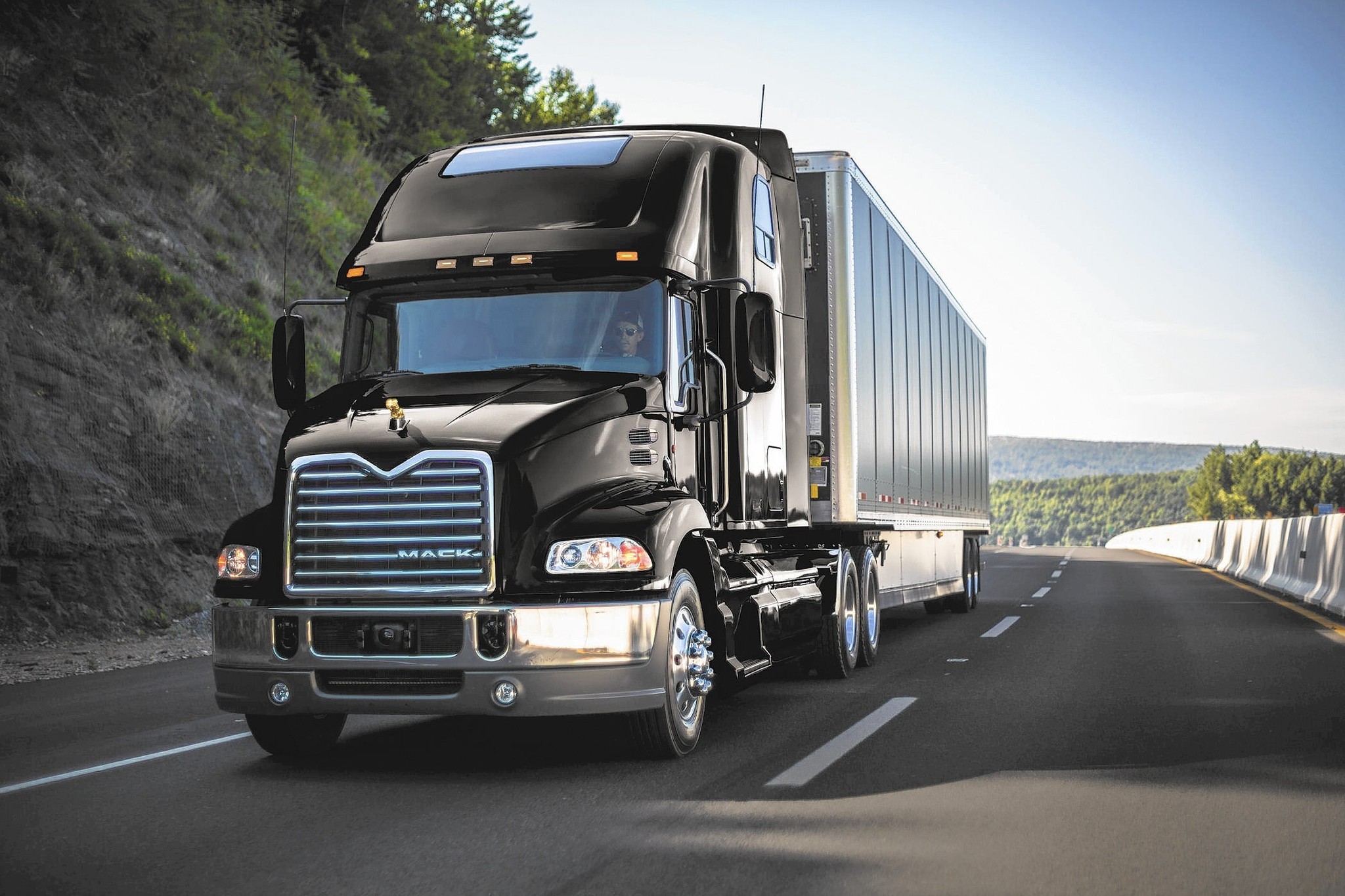Quick report for the last day of July from the robots are taking all the jobs frontier. It looks like, at least for now, one of the important, (and widely held) jobs that has seemed most vulnerable to eventual robot takeover may remain the province of humans a little bit longer.
The job is over the road truck driver, a job that has been in the news plenty lately, mostly in the context of pretty significant labor shortages. Shipping companies and manufacturers are having a hard time recruiting new truck drivers into what is a demanding profession, the existing supply of truckers are starting to age out of the workforce, and efforts to improve pay and conditions for truckers, (which in theory helps with recruiting and retention), have so far had mixed results.
These factors, combined with the seeming dozens of high te ch companies actively working on self-driving transportation technologies have led many industry observers to predict that self-driving trucks and associated technologies would sooner than later begin to be introduced into the industry. It makes sense for sure, the combination of a human labor replacing opportunity, with a technology that has been in development for quite some time, and a clear economic need that continues to grow have created what most industry experts considered a kind of perfect storm for truck drivers. In fact, all the coverage and noise about how the profession of truck driving is doomed, (for people), probably is contributing to the current truck driver shortfall. Who wants to enter an industry where 5 or 10 years from now you'll be replaced with a self-driving truck?
ch companies actively working on self-driving transportation technologies have led many industry observers to predict that self-driving trucks and associated technologies would sooner than later begin to be introduced into the industry. It makes sense for sure, the combination of a human labor replacing opportunity, with a technology that has been in development for quite some time, and a clear economic need that continues to grow have created what most industry experts considered a kind of perfect storm for truck drivers. In fact, all the coverage and noise about how the profession of truck driving is doomed, (for people), probably is contributing to the current truck driver shortfall. Who wants to enter an industry where 5 or 10 years from now you'll be replaced with a self-driving truck?
But some news broke a couple of days ago that may give this entire narrative pause. Our pals at Uber, long-considered one of the leaders in developing self-driving trucks and technology is stepping back from their development efforts. From a piece covering the news in Venture Beat:
Uber is shifting resources away from the self-driving truck unit within its Advanced Technologies Group, the company announced today in an email to reporters. For the time being, it’s ceasing development on the autonomous freight platform it acquired from autonomous tech company Otto.
“We’ve decided to stop development on our self-driving truck program and move forward exclusively with cars,” Eric Meyhofer, head of Uber Advanced Technologies Group, said in a statement. “We recently took the important step of returning to public roads in Pittsburgh, and as we look to continue that momentum, we believe having our entire team’s energy and expertise focused on this effort is the best path forward.”
It's a pretty interesting move by Uber, who has had a bunch of other problems to deal with over the last couple of years, but to shift their self-driving tech development and focus from trucking to cars probably indicates the trucking problem is much tougher to solve than they realized.
Truck drivers, as it has been reported, do plenty of other things besides keep the vehicle between the white lines on the freeway. Load inspection and balancing, monitoring vehicle performance, consideration of local weather and traffic conditions, and finally, negotiating the often tricky and challenging last miles of a delivery and plenty more. Uber likely has found that solving all of these problems and delivering true 'self-driving' trucking solutions has turned out to be harder than it seems.
And that is probably a lesson we can take in other domains as well. As robots and technolgy advance in capability, it can be easy to underestimate all the added value and unique value that humans bring to their work. It's not easy building a self-driving truck that can replace a human truck driver.
It's probably not going to be easy to build technology to replace you or me either. (Let's hope).
Have a great day!